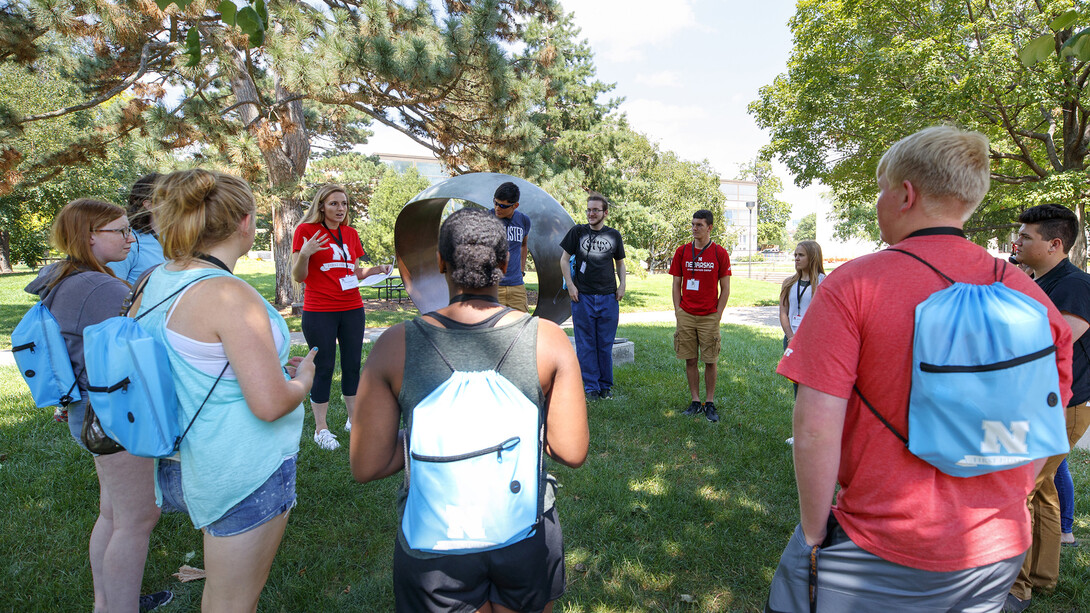
Pursuit of advanced degrees left Nebraska’s James Le Sueur feeling the stigma of being a first-generation college student.
As the son of a father who opted for military service over high school graduation, Le Sueur felt the need to keep his family background cloaked when he later studied at Harvard and the University of Chicago. It wasn’t that he was embarrassed by his family. Rather, it seemed advantageous to maintain a perception that the land of academia was not foreign territory.
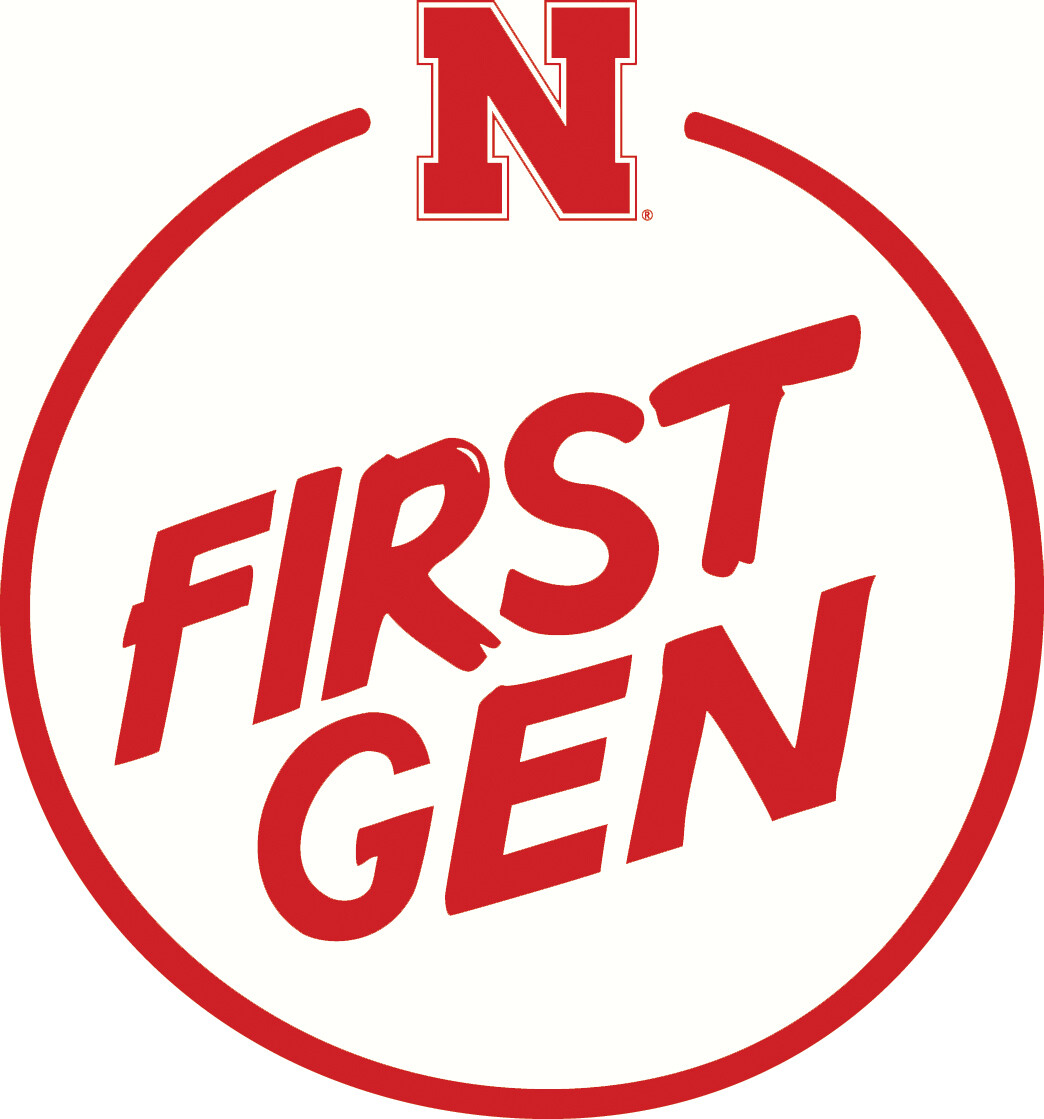
“College was a different world than where I grew up in Montana,” said Le Sueur, Samuel Clark Waugh Distinguished Professor of International Relations and chair of the Department of History. “I was the son of a tough farmer/rancher who, after Pearl Harbor, dropped out of high school and enlisted in the military. In college and graduate school, I was surrounded by people from privileged backgrounds, especially in graduate school.
“Looking back, it was an interesting confrontation with class. But, like so many first-generation college students, I found it was easier not to talk about it.”
Now, Le Sueur is among more than 300 University of Nebraska–Lincoln faculty and staff who have volunteered to openly support Huskers who are the first in their immediate families to pursue college degrees.
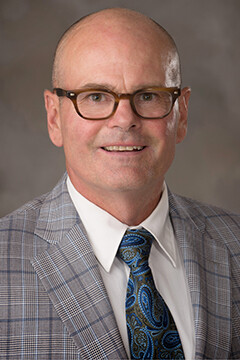
“I immediately jumped at the opportunity to participate in the First-Generation Nebraska program. I’m excited about the opportunity to talk with First Gen students about their education, struggles and successes.”
— James Le Sueur
Launched with the start of of the 2017-18 academic year, the First-Generation Nebraska initiative is designed to establish a network that links first-generation college students with faculty and staff who share a similar academic experience. Organized by the Office of the Executive Chancellor, the project builds upon Nebraska’s First Husker program, which offers participating first-generation freshmen the opportunity to learn about college life through an intensive four-day orientation before the academic year begins.
“For the past several years we’ve been working to identify ways to support first-generation students,” said Amy Goodburn, senior associate vice chancellor and dean of undergraduate education. “The First Husker program grew out of those efforts three years ago. And, lessons learned through First Husker led us to look for ways to extend and expand first-generation student supports into the academic year.”
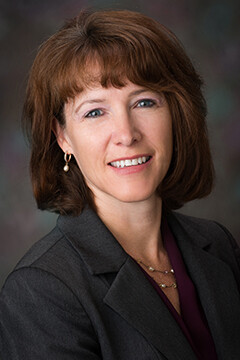
Nebraska is among universities nationwide working to provide programming that confronts the challenges faced by first-generation college students.
A 2010 study by the Department of Education estimated that 50 percent of the college population includes students whose parents never attended college. These students face a variety of challenges — ranging from simply paying college tuition to familiarity of the higher education system — that make them more likely to fail at obtaining a degree.
Nationally, nearly 90 percent of low-income, first-generation undergraduates leave college within six years without a degree. More than 25 percent leave after the first year — which is four times the dropout rate of higher-income, second-generation students.
“Many of these students come from families with less income,” Le Sueur said. “They may not see the value in a college education because there’s no immediate benefit. It’s an investment that takes some time to pay off.
“Like my father, some family members have a different viewpoint on the value of obtaining a college degree versus immediately joining the workforce.”
As a high school student, Le Sueur was included among the best young photographers in the nation. He also built and managed a successful photo studio in his hometown. After graduation, Le Sueur’s father believed the photo studio should be his son’s focus.
“Ironically, I could be making a lot more as a professional photographer than I do now as a professor,” Le Sueur said. “Understandably, my father did not embrace the idea of going to college. He thought the studio was a success and I should continue with it.
“It wasn’t easy, but I chose not to go that route.”
Le Sueur’s collegiate dreams were supported initially by his mother. And, while attending classes at the University of Montana, he found additional support and inspiration among faculty and fellow students.
“My mentors in college are people to whom I owe for the happiness I have found as an academic,” said Le Sueur. “Without really stellar professors who opened my eyes and without the support I received from my mother, I cannot imagine where I would be today.”
“Those are people who I owe for my current occupation and the level of happiness I’ve obtained in becoming a teacher,” said Le Sueur. “Without some really stellar professors who opened by eyes and the support I received from my mother, I don’t know where I would be today.”
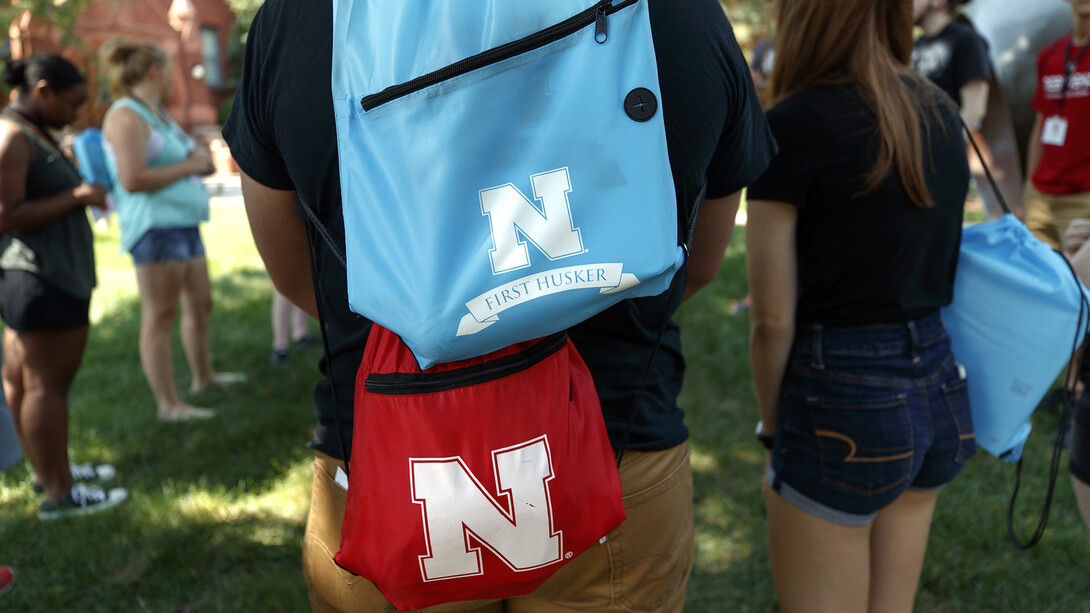
Through the initial steps of the First-Generation Nebraska program, faculty and staff volunteers have received a button and office sign with the initiative logo. The volunteers are encouraged to wear the buttons and post the signs to help first-generation students identify individuals who are receptive to sharing their own experiences.
Student participants have also received buttons to wear around campus. All participants who showcase the buttons are further encouraged to interact with each other.
Goodburn said specific First-Generation Nebraska events are being planned for the current academic year. They include:
- First-Gen Networking Reception, 4 to 5:30 p.m., Sept. 27, Willa S. Cather Dining Complex — An opportunity for first-generation students, faculty and staff to network. RSVPs are required. Faculty and staff should RSVP here. Students can send RSVPs here.
- “First Generation” screening, 8 a.m., Oct. 12, Nebraska Union Auditorium — Open to faculty and staff, the event includes the award-winning, one-hour film “First Generation” and a discussion about first-generation student experiences on campus and best practices to support them. Faculty and staff can RSVP online.
“We also have plans to form an advisory board of students, faculty and staff that will take this initiative in necessary directions,” Goodburn said. “This is all about giving these unique students the support they need to be successful.”
Faculty and staff volunteers can also obtain tickets to take first-generation students to meals in University Housing dining halls. The tickets will be available at the first-generation reception on Sept. 27.
While still in the opening stages, First-Generation Nebraska has been eye-opening for volunteering faculty and staff, including Le Sueur.
“Just wearing the button has generated all sorts of interesting conversations,” Le Sueur said. “Many people are surprised to learn that I’m a first-generation college student. And, I’ve been surprised by some of the others who are wearing the buttons.”
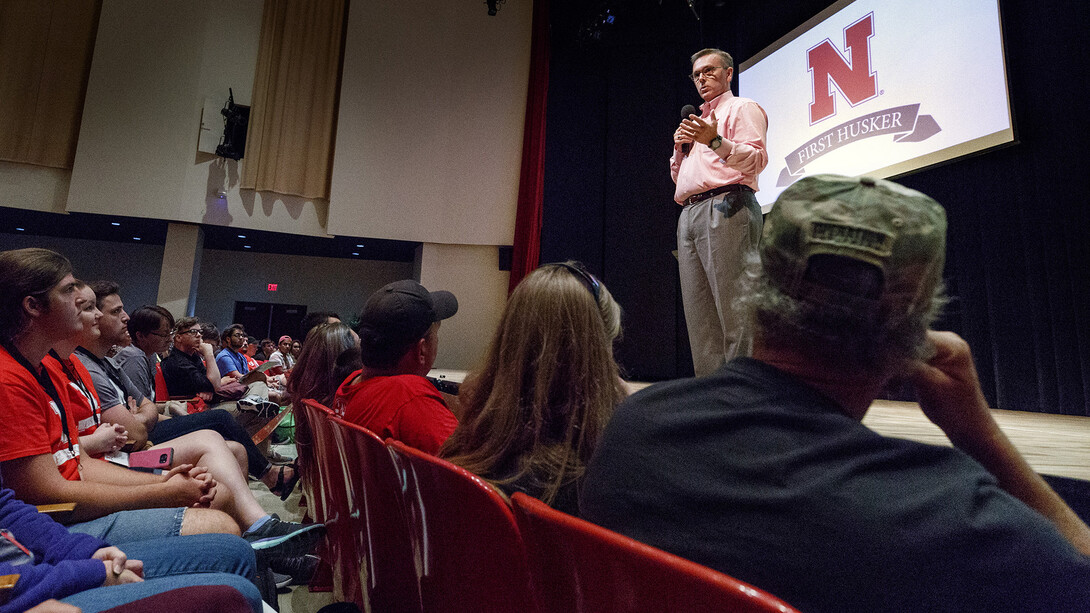
Some of those program volunteers include Nebraska’s top administrators — Chancellor Ronnie Green and Mike Boehm, vice chancellor of the Institute of Agriculture and Natural Resources.
“Quite often, first-generation college students feel that, because of their backgrounds, they just don’t measure up,” Le Sueur said. “However, as you can see by who is wearing these buttons on campus, those backgrounds can provide the motivation that leads to great success — especially if there is a support mechanism like First-Generation Nebraska in place.”
Faculty and staff wishing to participate in the First-Generation Nebraska initiative should send email to Danielle McRell, danielle.mcrell@unl.edu or Amy Goodburn, agoodburn1@unl.edu.
Learn about being a first-generation college student at Nebraska.
Faculty and staff interested in participating in First-Generation Nebraska can register online.







